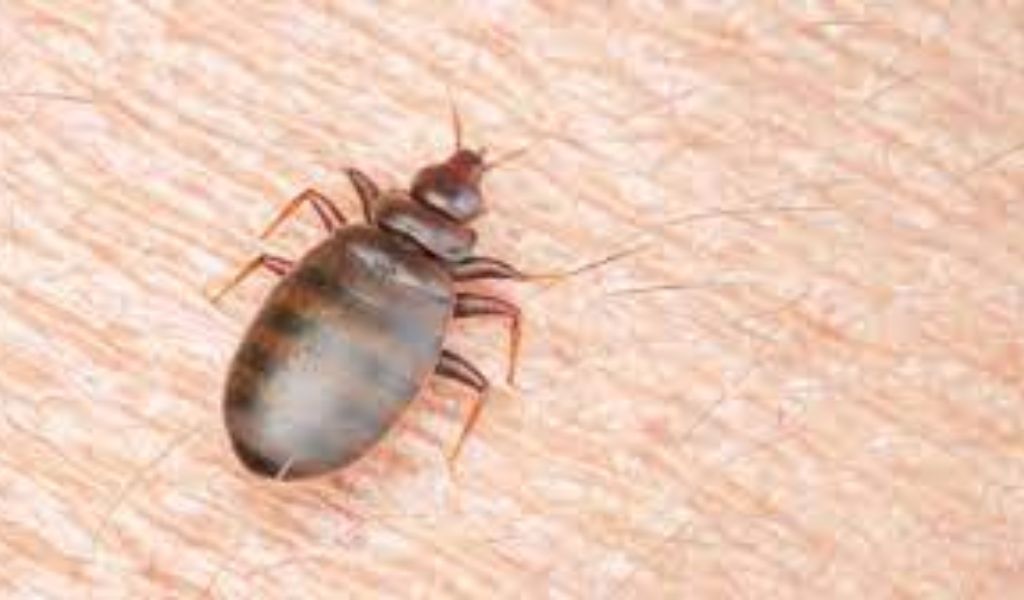The little bloodsucking insects known as bed bugs are a constant nuisance to homeowners, hotel owners, and anybody else who shares their space with them. They cause severe psychological distress, allergic reactions, and itching, and are infamously hard to get rid of.
Their capacity to migrate and their resistance to numerous pesticides have helped them proliferate throughout the United States. Three locations in North Carolina are among the top 25 worst places in the US for bed bugs, according to a recent research by the pest management company Orkin. The purpose of this blog is to examine the causes, effects, and possible remedies for the bed bug issue in North Carolina.
What makes North Carolina so special?
With a population of around 10.5 million, North Carolina is a state in the Southeast of the United States with a diverse economy, geography, and culture. But three of its cities rank highly on Orkin’s list of the country’s most bed bug-infested cities, indicating that it faces a major bed bug problem:
- Charlotte: Placed ninth, up five spots from the year before.
- Greensboro: Placed 18th, up 25 places from the year before.
- Raleigh-Durham: Dropped four spots from the previous year to be ranked 24th.
- The bed insect problem in North Carolina is caused by a number of factors:
Travel: North Carolina is vulnerable to bed bug introductions from other areas due to its popularity among visitors, business travelers, and students. These insects are skilled hitchhikers; they get into new places by concealing in bags and other personal items. Significant transit hubs in Raleigh-Durham, Greensboro, and Charlotte further ease the flow of passengers and maybe bed bugs.
Climate: North Carolina’s humid subtropical climate, which is marked by scorching summers and moderate winters, is perfect for bed bug growth. They are able to last for months without food because of their resistance to different temperatures.
Housing: Bed bug infestations are a risk in North Carolina’s dynamic housing market, which includes urban, suburban, and rural locations. These pests can enter into any kind of building and propagate via gaps, voids, and other openings. Low-income and high-density homes may be more vulnerable because of limited access to pest control services and overcrowding.
What Repercussions Are There?
The North Carolina bed bug outbreak has serious ramifications for public safety, health, and welfare:
- Health Risks: Bites from bed bugs may cause allergic reactions, skin irritation, and possibly even the spread of illness. Furthermore, managing infestations can have a psychological toll that causes tension, anxiety, and disturbed sleep.
- Economic Costs: Treating bed bugs is expensive and time-consuming, resulting in lost revenue and property damage for both individuals and companies. Bed bug infestations discourage tourists and damage reputations, which hurts the travel and tourism sector as well.
- Social Problems: Relationships and community cohesion are strained when bed bug infestations are accompanied by stigmatization and isolation.
How Can the Issue Be Solved?
To effectively combat the bed insect problem in North Carolina, several strategies are needed:
- Prevention: Using integrated pest control techniques and educating the public about bed bug prevention will help reduce infestations.
- Early detection through a variety of techniques, including as canine detection and visual inspection, is essential for prompt response.
- Treatment: The key to getting rid of infestations is to use efficient treatment techniques, including heat or insecticides, under the supervision of certified pest control experts.
- Given its enormous potential, North Carolina has to address the bed bug problem quickly and cooperatively in order to provide a healthier and more hygienic environment for all of its citizens.

